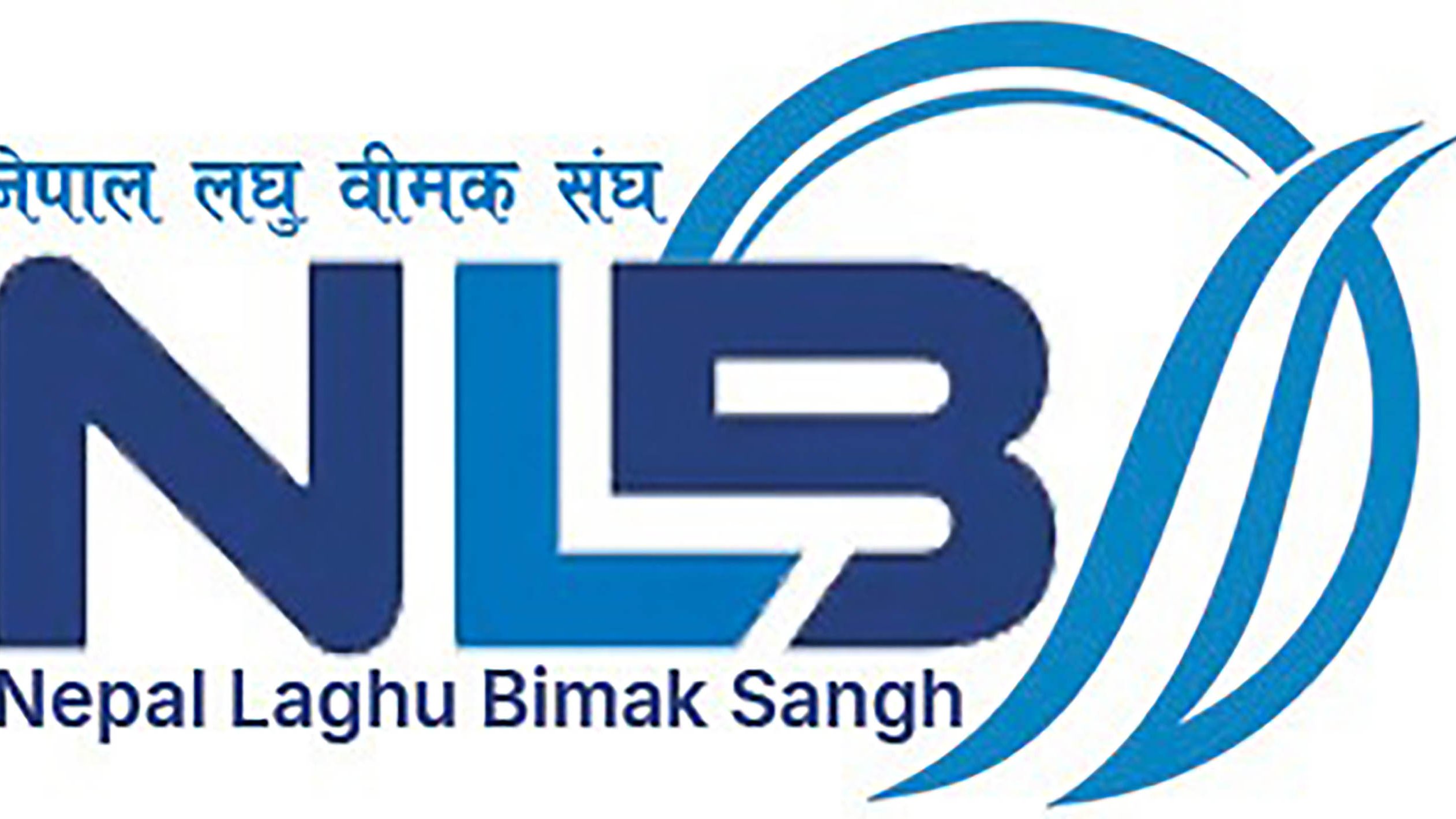.jpg/_jcr_content/renditions/original.image_file.4844.1615.0,807,4844,2422.file/ICII2024_FieldTrip_MilkCooperative%20(5).jpg)
Agriculture and livestock insurance in Nepal: A path to sustainable development
Field trip of the ICII 2024 hosted by Shikhar Insurance - Exploring the success of inclusive insurance in Nepal's Gagalphedi region
25 October 2024
properties.trackTitle
properties.trackSubtitle
Friday 25 October was the last day of the 2024 International Conference on Inclusive Insurance in Kathmandu, Nepal. It was an optional field trip to meet local microinsurance clients in Gagalphedi, about an hour northeast of Kathmandu. Several years ago, small dairy farmers in the area formed a cooperative to share the cost of collection and distribution of milk and milk derivative products and also insuring their cows and buffaloes. From this introduction to insurance, they have expanded their use of insurance to include other livestock (goats and chickens), property and crops. While we were there, one of the young cows was ear-tagged by the vet, who came with the insurance representative (a value-added insurance service) and the farm owner added home insurance to her account. Insurance has been widely adopted in this area; the industry is now working to spread understanding and coverage to more rural areas of Nepal. The ICII 2024 field trip was organised by Shikhar Insurance. Around 50 participants attended the field trip and were exposed to Nepal's rural inclusive insurance practices and their impact on local agriculture and rural communities.
Box 1: Background on agricultural and livestock insurance in Nepal
Click here for more details
Inclusive insurance in Nepal is broadly categorized into two classes: Agriculture Insurance and Micro Insurance. The Agriculture Insurance Directive, issued by the Insurance Regulator in 2013, marked the beginning of a new era in agriculture insurance. Prior to this, non-insurance organizations, such as NGOs, INGOs, and village communities, provided agriculture insurance services. Nepal has also been practicing the 'Guthi System,' a community-based sociocultural group that provides insurance-like benefits to its members. The Agri Insurance Directive provides the terms and conditions for insurance policies, including premium rates, insurable livestock types, age bars, sum insured limits, and claim procedures. Initially, only seven agri insurance policies were allowed in 2013. Today, there are 32 agri-insurance policies, including:
· Livestock Insurance policies (7)
· Crop insurance policies - input value basis (6)
· Crop insurance policies - Yield value basis (17)
· Herbs Insurance Policies - Yield value basis (2)
Premium rates for agriculture insurance policies vary across different categories, ranging from 1.25% for poultry (broiler only) to 7.00% for goat (up to 90 days and above 5 years), vegetable (yield value), fodder grass, ginger, and walnut (yield value).
The government offers premium subsidies to farmers, with the following rates:
· 50% for insured values above NPR 10 million
· 65% for insured values above NPR 5 million and below NPR 10 million
· 80% for insured values below NPR 5 million
· 0% for Nepali pheasant, Sechuan seed, and mint, index-based flood insurance
Agriculture insurance policies cover various perils, including fire, acts of God (AoG) perils (earthquake, flood, landslide, drought, storm), accidents, wild animal damage, disease, and damage by insects. However, certain exclusions apply, such as late claim reporting, identification of tag missing, accident beyond 5 km from the shed, and use for other purposes. All 77 districts in Nepal are allocated to insurance companies, with each company responsible for 3 to 20 districts. After mergers, 6 merged companies now have 7 to 8 districts.

.jpg/_jcr_content/renditions/original./ICII2024_FieldTrip_MilkCooperative%20(6).jpg)
.jpg/_jcr_content/renditions/original./ICII2024_FieldTrip_MilkCooperative%20(7).jpg)
.jpg/_jcr_content/renditions/original./ICII2024_FieldTrip_MilkCooperative%20(9).jpg)
Digital opportunities and protection gaps beyond agriculture
Most farmers in Gagalphedi have smartphones and are aware of digital payment services such as eSewa, Namaste Pay and IME Pay. However, many still use cash for their daily payments and to receive their agricultural income. Although there is no formal bank in the district, the cooperative fulfils this role by providing loans at interest rates of 6-12%. This financial support has helped farmers to manage their finances effectively and has improved their financial access to products such as insurance.
Participants also heard first-hand experience from women in Gagalphedi who were able to confidently demonstrate significant financial autonomy. One woman in particular explained that she had been able to save US$300 (NPR 40,000) every month. Their independence has enabled women in the district to contribute significantly to and manage household finances, highlighting the cooperative's role in promoting gender financial equality in the community.
While livestock insurance is widespread, health insurance coverage, is still limited. Farmers pay US$26 (NPR 3,500) per year for policies that can provide hospital cash benefits of up to US$750 (NPR 100,000) for treatment for a family of five. However, limited healthcare facilities mean that many residents of Gagalphedi often rely on personal savings for medical expenses - highlighting a gap in healthcare access.
.jpg/_jcr_content/renditions/original./ICII2024_FieldTrip_MilkCooperative%20(8).jpg)
Future outlook
The ICII 2024 field trip highlighted the critical role that cooperatives and targeted insurance solutions can play in securing rural livelihoods. Shikhar Insurance, the cooperative and local farmers have worked together to create a strong system of risk management and financial security in Gagalphedi. The district's success shows that with the right support and partnerships, inclusive insurance can increase the prosperity and resilience of rural farming communities.
The lessons learned in Gagalphedi have provided valuable insights into the impact of inclusive insurance on rural communities in Nepal. The district is an outstanding example of effective insurance uptake in the country, which is now being used as a benchmark for insurance penetration in other rural areas. Its success is based on a trusted cooperative system that farmers can rely on for financial stability and growth. The community's resilience and adaptability to insurance products showed how inclusive insurance can improve economic security. However, farmers in Gagalphedi - as in other parts of Nepal - remain vulnerable to climate change, reinforcing the need for holistic, inclusive insurance solutions.






